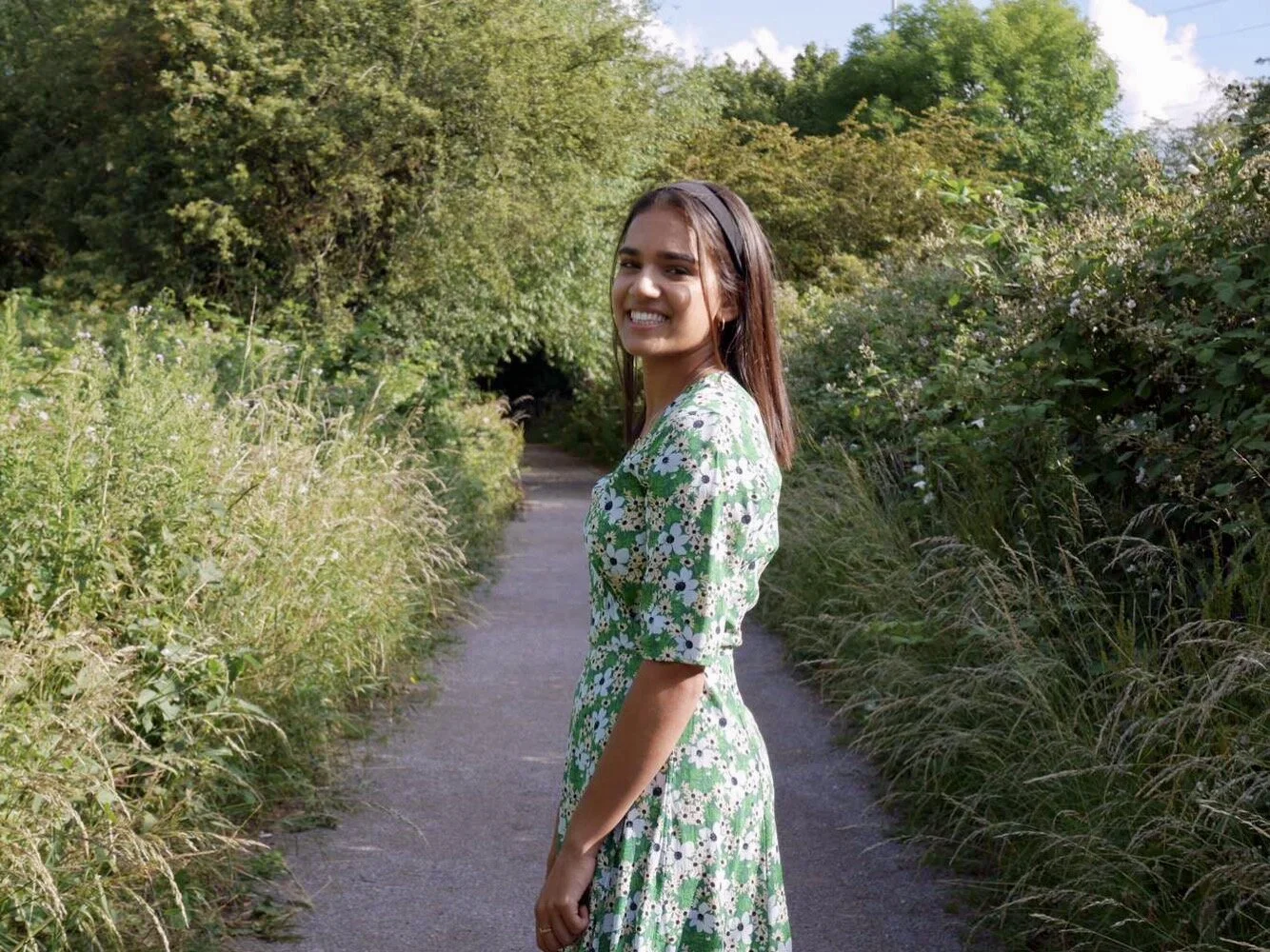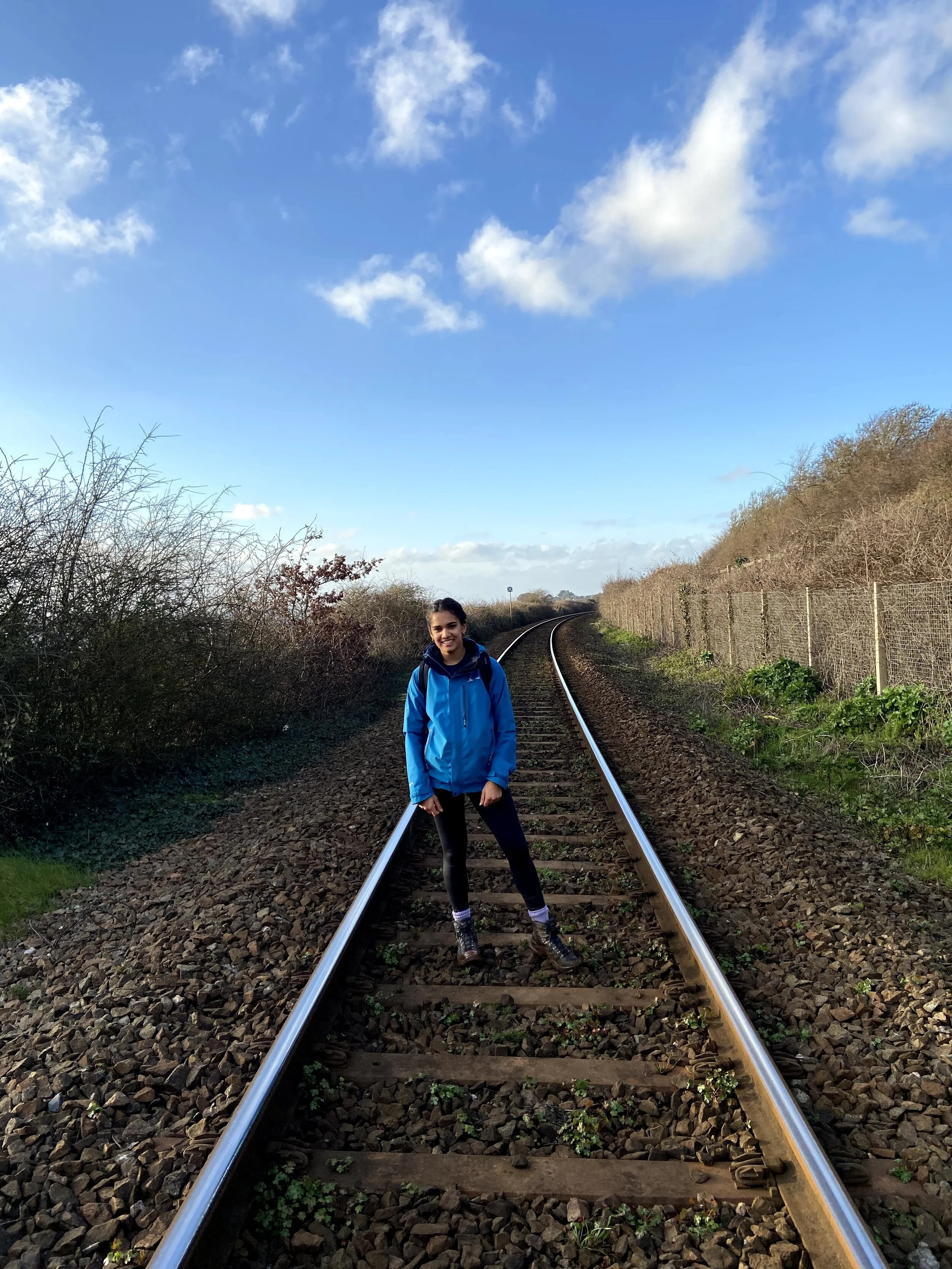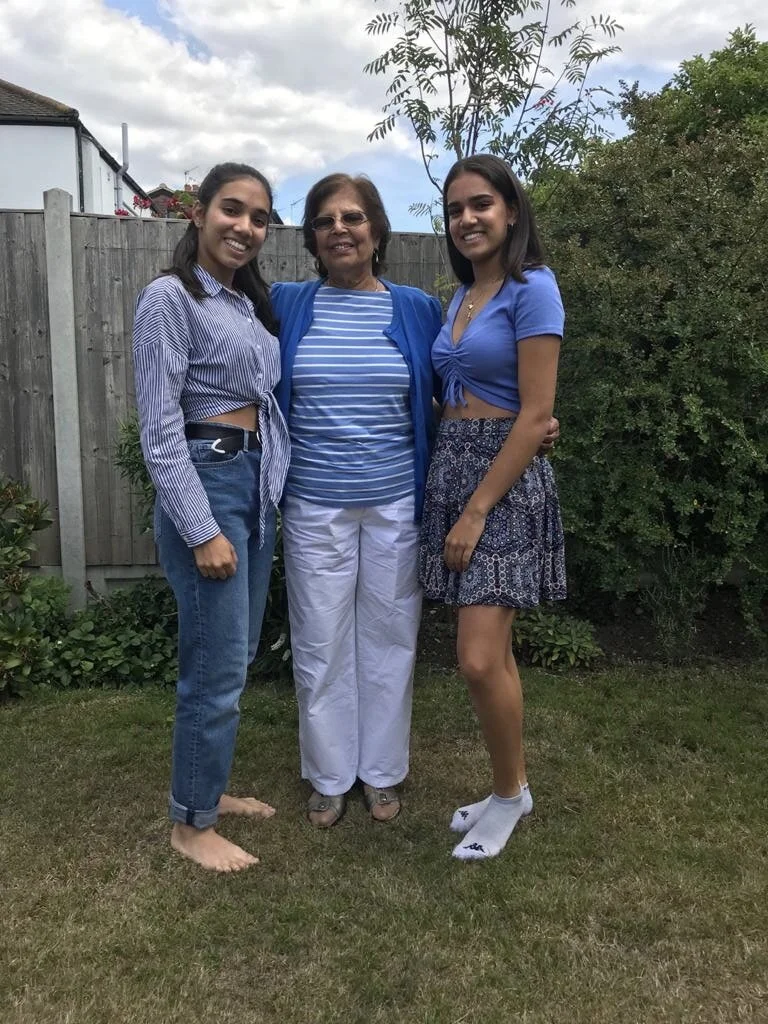But where are you really from?
People take a look at my skin, hair or features and presume I don’t belong
EXCLUSIVE | 3 min read | Supporting new writers
I always dread getting asked where I’m from because when I respond with London, I inevitably get asked ‘No, where are you actually from?’
What most people are truly saying with that second question is they’ve looked at my skin colour, my features or my hair and decided I don’t belong. That I can’t possibly be British despite being born and growing up here. That I am ‘other’.
For me, and many others from a mixed cultural background who find themselves put in this uncomfortable position, the question can come across as insensitive. Somehow, in this day and age, there are still many close-minded people who fail to separate geography and nationality from skin colour.
On my terms
Don’t get me wrong - I am proud of my rich heritage and willing to talk about it. But disclosure about my family genetics and background should be on my terms, not when my answer will only bring more assumptions and awkward questions I don’t want to answer.
Whenever I mention that my mum is South American, I am met with shock and confusion. ‘But she looks Indian,’ people say. My mother is Guyanese, but her descendants originated from India before their migration to Guyana in the 1800s to work on the sugar plantations.
What she ‘looks like’ should be inconsequential. Do I ‘look British’? No. Do I identify as British? Yes.
To complicate the conversation further, my father was born and grew up in Uganda so he is African. Yet people query that neither my dad or I ‘look’ Black. ‘That can’t be right,’ they say, when I tell them my dad is African. Like my mother, he also has an Indian bloodline.
But land versus blood, identity versus genealogy - it sparks conflict in people who make assumptions about what a person ‘should’ look like and who purposefully or unknowingly make people like me feel othered.
The UK has an incredibly diverse population and in years to come, more generations that are not white will identify as British. It’s time society gets over preconceived misconceptions of what being British looks like.
According to the 2011 Census, 86.0% of the population of England was white.
People from Asian ethnic groups made up the second largest percentage of the population (7.5%), followed by Black ethnic groups (3.3%), mixed/multiple ethnic groups (at 2.2%) and other ethnic groups (1.0%)
Source: ONS
Education is key
The only way this will happen is through a rounded education with school history lessons that actually tell the truth about Britain’s past, colonialism, slavery and the many factors that have led to the diversity we see here in Britain today, including vast immigration that has hugely benefitted this nation.
‘But where are you really from?’
Do you see it now, how the question is loaded and implies that you might not belong? That your first answer, telling people your British hometown, isn’t enough.
A friend with a mixed background recently asked if I feel like I belong in the UK. It is the only country I have ever lived in and I have been brought up with British values and this way of life. I don’t know anything else.
But deep down, I doubt if due to my brown skin, I am ever going to be thought of by others as truly British. Coming from multiple cultures means you don’t quite fit in a nice, neat box. Part of you belongs to one culture, whilst another part belongs to the other.
Not just me
I wondered if I was alone in my feelings on this question so I put it to 16 of my mixed heritage British friends. Only three answered with the origins of their family rather than where they physically live.
My friends’ responses to that second, loaded question varied. Some broke the question down and asked: ‘Are you referring to where I grew up or where my ancestors are from?’ Others answered bluntly in an attempt to end the awkward conversation, repeated their first answer or asked, ‘what do you mean?’
Any of these options, as well getting entirely narked off is OK. There is no reason that you have to explain your background to anyone. It doesn’t mean you’re not proud of your roots. There simply isn’t any reason to have to prove or demonstrate it to others if you do not wish to.
It was interesting that a friend who was raised in the USA and has a Vietnamese heritage is rarely asked this question in the States.
She now lives in the UK and despite telling people who ask that she is from America, she gets asked again as if that’s not possible. She says, ‘it is crazy that second generation immigrants are like unicorns in certain parts of Europe.’
In this global village that we live in, there is an increasing mix of cultures, ethnicities and nationalities - you don’t have to conform to a label, feel OK about being judged by the colour of your skin, the shape of your features or feel forced to explain your family’s heritage.
The sooner people understand what it feels to be quizzed like this, the sooner the loaded version of this question will die the death it deserves.
Like this article? Please help us commission more like it by donating the cost of a cuppa on Ko-fi. Sharing this article on your social media, and following us on Instagram, Facebook, and Twitter are also a great way to support our independent, self-funded platform.
We encourage debate, but trolls are not welcome. Please read our comments policy before contributing.









